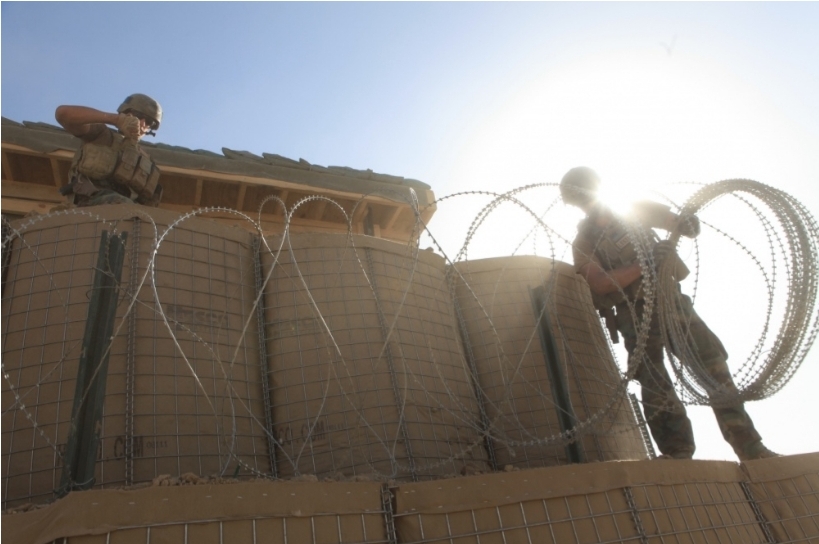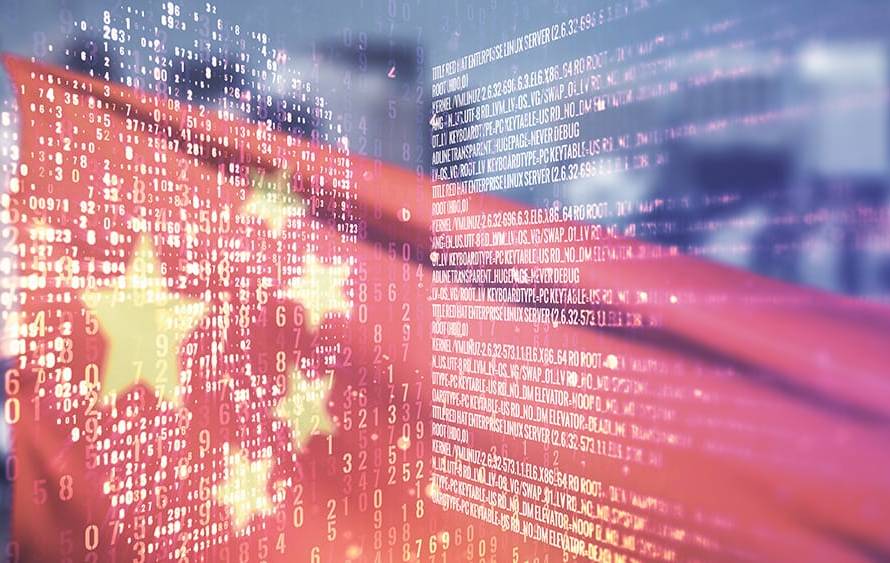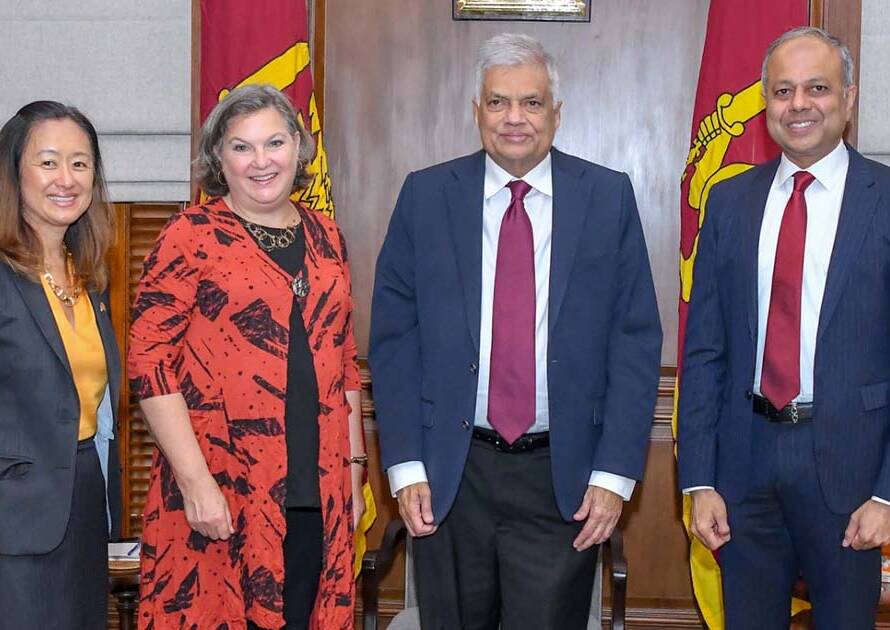The return of the Taliban & the future of Afghanistan, Can the west make a difference?
By Rathindra Kuruwita and Rikaza Hassan

The fate of Afghanistan is still up for grabs by the west, but the clock is ticking … fast.
The international community watched with a mix of shock, horror and awe as the US and its allies completed their withdrawal from Afghanistan, with one day to spare in meeting US President Joe Biden’s August 31 deadline.
Meanwhile, the Taliban, in an attempt to establish international legitimacy for its government, made bold pronouncements including guarantees on women’s right to education and work and ensure Afghanistan does not provide a safe harbour for terrorist activity and end its drug trade (Rasheed, Ibrahim and Siddiqui 2021). It is no surprise that many if not all remain skeptical of their overtures.
As journalist and author Anand Gopal told the Intercept on the cusp of the withdrawal, “There are elements within the Taliban that recognize that and recognize the need to be part of the international system. And, therefore, I think they’re genuine in their desire to moderate some of their worst impulses, but there are other parts of the Taliban that, especially on the military side, reject that totally” (Intercept 2021).
Gopal’s forecast now looks increasingly prophetic, particularly in the midst of co-founder and now Deputy Prime Minister, Mullah Abdul Ghani Baradar, who insisted that diplomacy won Afghanistan for the Taliban and wanted a more inclusive cabinet being assaulted by Sirajuddin Haqqani, the new Interior Minister over this statement. Haqqani, in contrast to Baradar, had insisted that it was their victories in the battlefield that led to the Taliban’s victory in Afghanistan.
The authors argue that there now exists a very short window of opportunity for the western community to achieve their dreams for Afghanistan: a nation that is stable and engaged in a steady reforms process necessary to overcome its economic malaise while not relegating women and minorities to neglect at best and persecution at worst. The authors posit that the best way for the west to achieve their goal is to leverage the Taliban’s desire for legitimacy and Afghanistan’s dire need for economic assistance. To make this work however the west needs to act now.
Less than a month since the US led coalition abandoned the country, the Taliban have already begun to roll back on their pledges with regards to women’s wellbeing, for example, enforcing gender segregation, forcing women to wear a burqa to attend university, decreeing that women can only be taught by women or “old men of good character,” and that they must leave classes five prior minutes to their male counterparts to ensure no mingling between the sexes (Ghosh 2021). Women have also been banned from participation in sports and playing any role in the new government.
From refugee camps to the presidential palace
Fighting their way into Kabul, the Taliban first cemented their power over most of Afghanistan in 1996. Having formed only two years prior, under the leadership of Mullah Omar, they were a group of radical Pashtun students, many of whom had previously sought refuge in Pakistan during the Afghan civil war of the ‘80s. Like most Pashtuns, they followed in the teachings of the Deobandi school of Islam, a revivalist movement that claims to be purer than any other brand of Islam. Among other things, Deobandis do not believe in education for all and hold that women should neither be seen nor heard because they distract men from the righteous path as proscribed by Islam (Ahmed 2000: 107).
The Talibs had been appalled by the heinous corruption and crimes committed by Afghan warlords such as wide scale extortion and raping of women and children as they battled each other for power after the collapse of the power-sharing agreement of 1992 between the chief warlords who ruled the different regions of the country. According to Rashid (2000), the Taliban’s interpretation of the creed “has no parallel anywhere in the Muslim world”.
During their tenure, from 1996 until the US invasion in September 2001, the Taliban’s oppression of women exacerbated.
Women were forced to wear the burqa whenever they stepped out of their homes and only allowed them to work in the fields of healthcare, education and humanitarian work. Girls were only allowed to go to school until the age of eight (Kimathi 2021). In 2000, they ordered all foreign relief organisations to remove their Afghan female staff.
The ethnic minorities of Afghanistan didn’t fare much better. Thousands of Hazara, Tajik and Uzbek peoples were massacred and their villages destroyed as the Taliban attempted to expand their power base across the country. All minority bureaucrats in the central government were removed, resulting in many ministries ceasing to function. Minorities were also prohibited from following their cultures and traditions. The Taliban also allowed Afghanistan to be used by international terrorist groups including several Islamist groups had operated in Afghanistan since the 1980s when the American and Saudi Arabian backed mujahedeen waged war on the Communist government and its Soviet backers, Osama bin Laden, the Chechen Republic of Ichkeria and in late 2000, the Islamic Movement of Uzbekistan (IMU).
The sale of heroin was the major source of income for the Taliban in maintaining its organisation and the country. Under the Taliban, the plantation of poppies increased drastically in rural Afghanistan, and even now is a major source of income for rural Afghans. In the period 2015-20, Afghanistan accounted for an estimated 83% of global opium production with opium farming providing 120,000 jobs in the 2019 harvesting season (UNODC 2021). By the late ‘90s the Taliban imposed a tax of up to 20% per truckload of heroin being smuggled out of the country (Ahmed 2000).
However, in the late ‘90s, Omar proposed to the United Nations (UN) that they would halt the cultivation of poppy and production of heroin in the country in exchange for recognition of Taliban rule by the international community. That the Taliban were willing to give up their livelihood for international legitimacy was a clear and significant demonstration of the importance of this acknowledgement to them. In fact, in 2000, as part of an agreement with the UN, the Taliban banned the cultivation of poppy. They only returned to the trade circa 2004 to fund their insurgency. Considering the state of the Afghan economy, and the Taliban’s history, it is not farfetched to imagine that heroin production will skyrocket in the coming years, flooding cheap drugs into Central Asia, Russia and Europe.
Leveraging to beat the odds
After the move in the late ‘90s to give up the easy and significant money-maker that is heroin production in exchange for international recognition of its government, in 2000, as a show of good faith it then gave up the trade in accordance with the terms of an agreement signed with the UN.
In 2007 they began their attempts at international dialogue in the post-invasion context trying to get the sanctions imposed upon their organisation repealed, secure the release of Taliban fighters being tortured by the US in Guantanamo Bay, join the Afghan peace process and gain legitimacy. In 2012 they managed to open a political office in Qatar, allowing both US and Afghan governments to contact senior Taliban officials with ease.
Even in 2001, right after the Al Qaeda attacks on US soil, when the US demanded the head of Osama Bin Laden, the Taliban attempted to discuss through back channels the transfer of Bin Laden out of the country. In 2014, the Taliban managed to secure the release of five of its leaders, now known as the Taliban Five or the Gitmo 5, in exchange for U.S. Sgt Bowe Bergdahl. This was followed by the release of 5,000 Talibs imprisoned in Afghanistan in February 2020 as part of the withdrawal agreement between the Taliban and the Trump administration.
In the two decades under American occupation, nearly three-fourths of Afghanistan’s state expenditure was funded by the US. That well is now dry. With the agricultural harvest being affected by a drought, at least 50% of Afghanistan’s population is now in need of assistance (ReliefWeb 2021). The trade deficit for 2021 lies at 25-30% of GDP. Its import bill for electricity in 2019 alone was $270 million. The embattled nation is in desperate need of economic support (Tooze 2021).
Having just appointed an interim government, the Taliban is now in desperate need of financial assistance. This, coupled with its strong desire for international legitimacy, give the west sufficient leverage to engage with the Taliban in directing it towards a more palatable type of government aligned with western values such as respect for human rights, independent institutions and inclusive governance, in exchange for aid.
That regional identities are now overtaking national or ethnic identities in Afghanistan, with Afghans more often referring to themselves as Kandaharis, Panjshiris, Heratis, Kabulis or Jowzjanis rather than Afghans, Pashtuns, Uzbeks or Tajiks, must also be taken into consideration (Rashid 2000). While the Taliban has previously shown itself capable of successfully enacting at least one large-scale reform across the country, as it did in 2000 when it halted the cultivation and production of opium and heroin across the regions to appease the UN, it is important to recognise that change is bound to be slow, difficult and frustrating.
A foot in the door
Having realised the importance of assuaging the concerns of the international community, high-ranking Taliban officials took a conciliatory tone on issues of minority and women’s rights in their statements, interviews, and press conferences even before they re-took Afghanistan.
They also repeatedly insisted on ensuring foreign militants are kept out of the country. In a total reversal from their previous stance on vaccination, they also came out in support of polio eradication, appointing a head of the Afghan Anti-Polio Programme and agreed to accept three million doses of COVID vaccines from China. To further gain the favour of the US and demonstrate their anti-terrorism credentials, they executed Omar Khorasani also known as Mawlawi Ziya ul-Haq, the former head of the Islamic State in South Asia (ISIS-K).
None of these however negate the Taliban’s past or current violent and reprehensible actions. As rhetoric and decree over the past few weeks have shown, women, at least, have already lost many rights that they had had access to in the last two decades. This conflict reflects the misalignment between the political and military wings of the Taliban who are each manoeuvring for control of the government and the nation (Gopal 2021). While members of the former have international experience and understanding, as showcased by Baradar, the latter, as epitomised by Haqqani, are more inclined towards a return to their extremist heydays in the late ‘90s.
Running out of time
The Taliban’s initial overtures were an indication of their acknowledgement of the international system of government and their willingness to make changes to their methodologies, a sign of hope to be acted on. However, the steady reversal and revoking of the same, with regards to the position of women in their society, coupled with the increasingly hardline statements being made in the press by some Taliban leaders are a test of the international waters, pushing against accepted boundaries and measuring the international response to each.
The refusal by the west to do so also leaves a financially desperate Afghanistan open to engagement with non-western actors like China and Russia, who operate on different value systems and are far less likely to require from Afghanistan the changes that the west expects. China for example has already offered the Afghan government $42 million worth of grain, winter supplies, vaccines and medicine with no stated expectations (Sheng 2021).
The fate of Afghanistan then is still up for grabs by the west, but for a limited time. Leaving it alone will force it to ramp up production of heroin to feed its people and keep the lights on. Engagement can result in a pivot towards the interests of the party that makes the most concerted move.
(Rikaza Hassan is an independent researcher and the cofounder of the Centre for Journalism and Education.
Rathindra Kuruwita is an is an independent researcher and the News Editor of The Island newspaper, Sri Lanka. Rathindra is a fellow of the Daniel K Inouye Asia Pacific Center for Security Studies. rathindra984@gmail.com . This analysis was written in September 2021)
***************
Disclaimer – Factum is a Sri Lanka based think-tank providing international relations analysis and public diplomacy consultancies in Sri Lanka and Asia. Visit – www.Factum.LK


